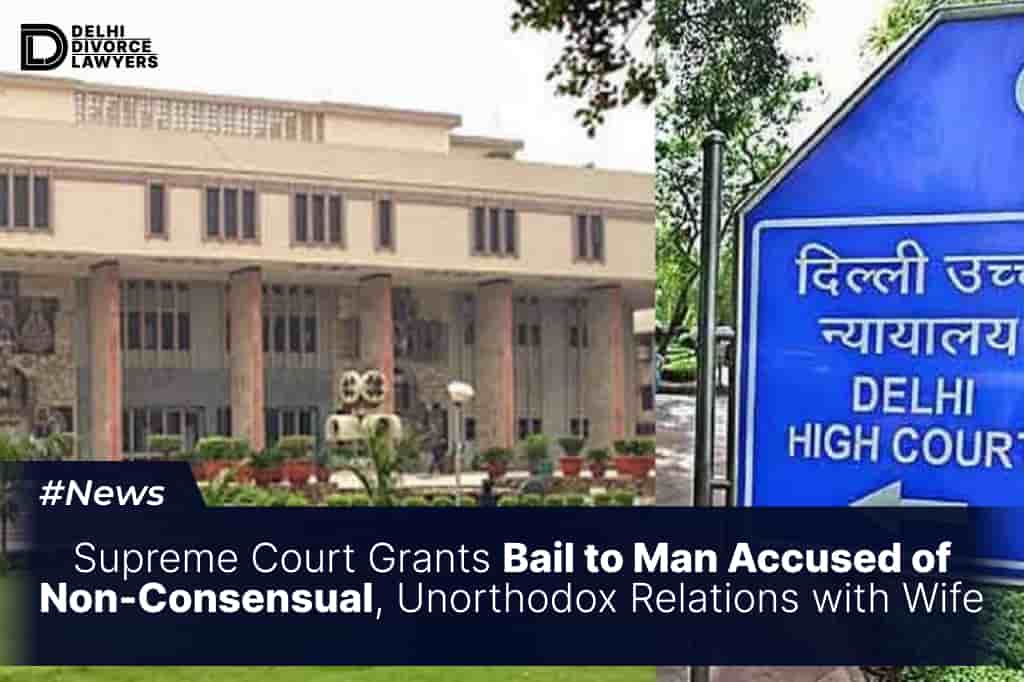The Court noted that a settlement had apparently been entered into between the parties and even if the Court is not accepting the same, the financial transactions would have to be given weightage.
On Monday, the Supreme Court halted the sentence of a man accused of engaging in non-consensual, unconventional relations with his wife, and granted him bail. Justices AS Bopanna and PV Sanjay Kumar, presiding over the case, acknowledged certain financial transactions between the spouses. Although the Court did not explicitly endorse any settlement, it regarded the transactions as crucial elements to be taken into account during the proceedings, suggesting a possible resolution between the parties.
“What persuades us to consider the prayer is that, as already noted, the appellant and the respondent are husband and wife and even, at this moment, if we do not accept the settlement entered into between the parties, the fact remains that certain financial transactions were also involved and these are aspects which would be looked into subsequently,” the bench observed.
The Court clarified that the individual under scrutiny was not a seasoned criminal, but rather the spouse of the complainant.
“In a matter of the present nature, as we are not considering the suspension of sentence of a hardened criminal but, as already indicated, the appellant is the husband of the respondent, we deem it appropriate that the balance would tilt in favour of the appellant for grant of the prayer,” the Court said.
The Sessions Court acquitted the husband of rape and cruelty charges against his wife, yet maintained his conviction for involvement in unnatural sexual acts under Section 377 IPC and for voluntarily causing harm. Despite an appeal to the Chhattisgarh High Court in March, which declined to suspend his sentence or provide interim bail, the case was further appealed to the Supreme Court. Following a review of potential settlements and scrutiny of financial transactions, the Supreme Court granted the relief sought, with bail granted based on the trial court’s conditions.

